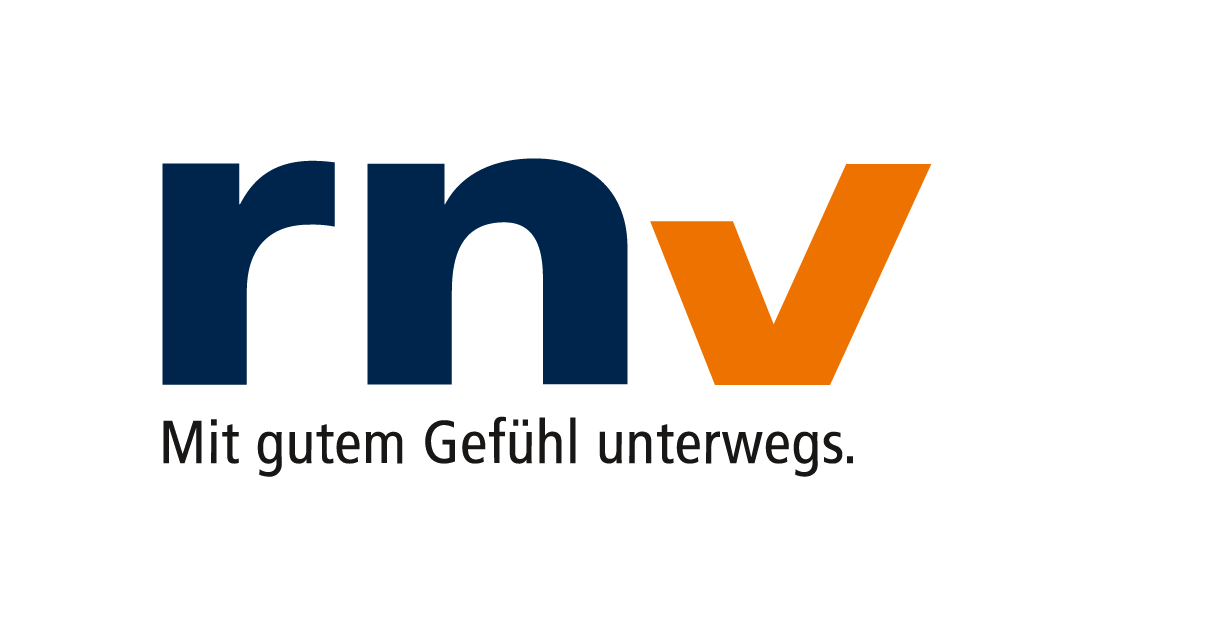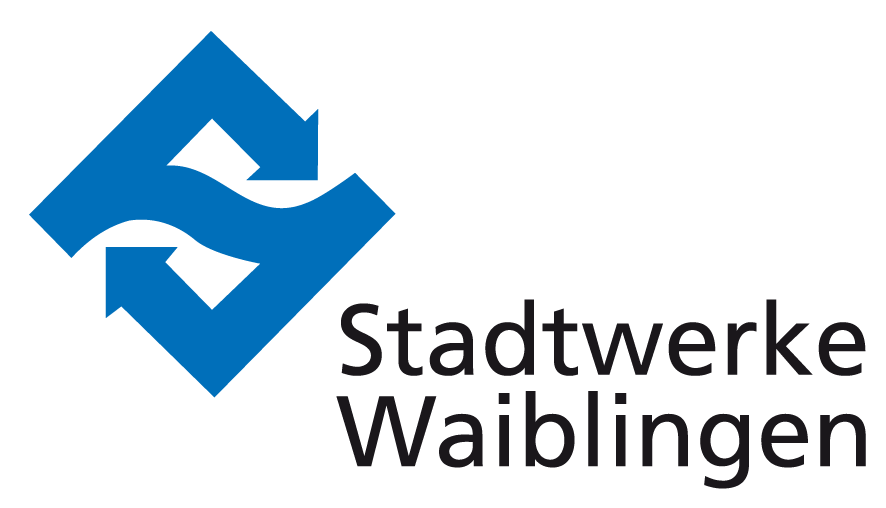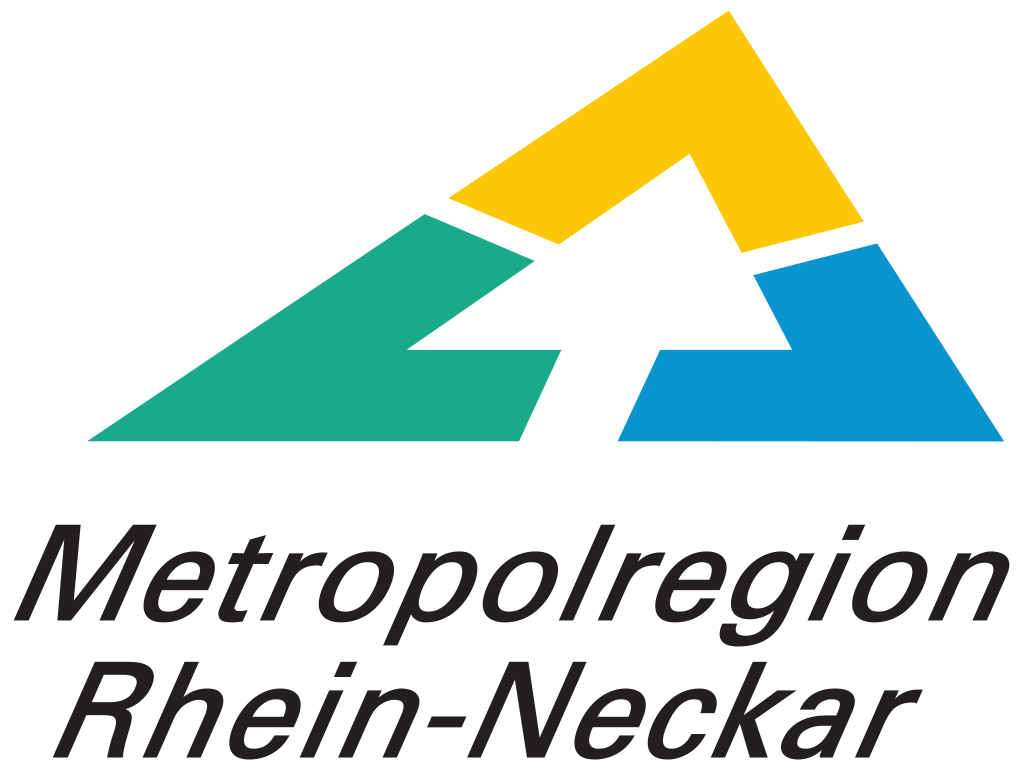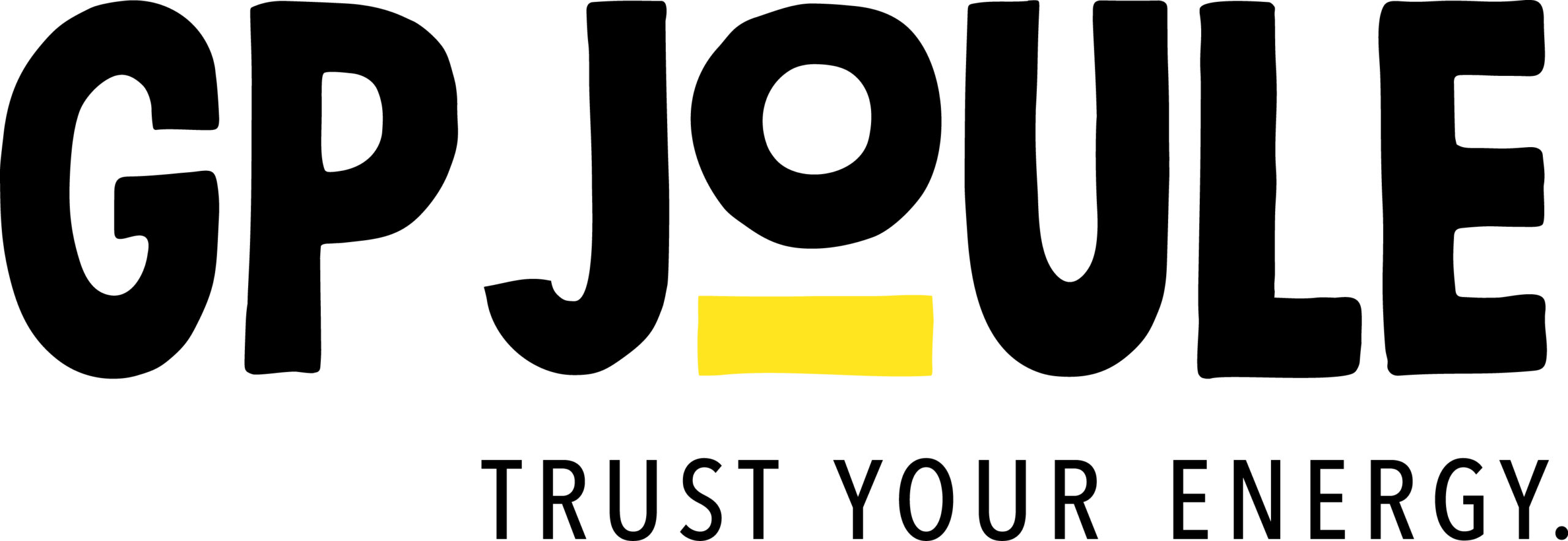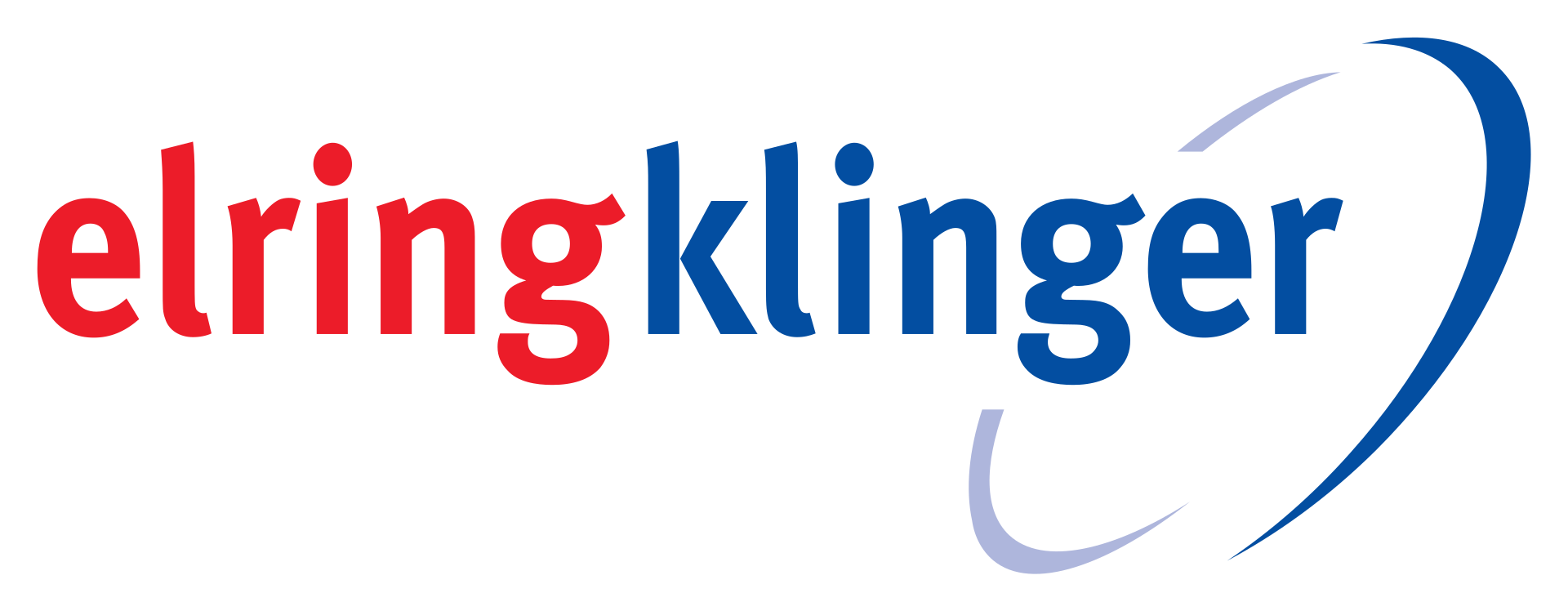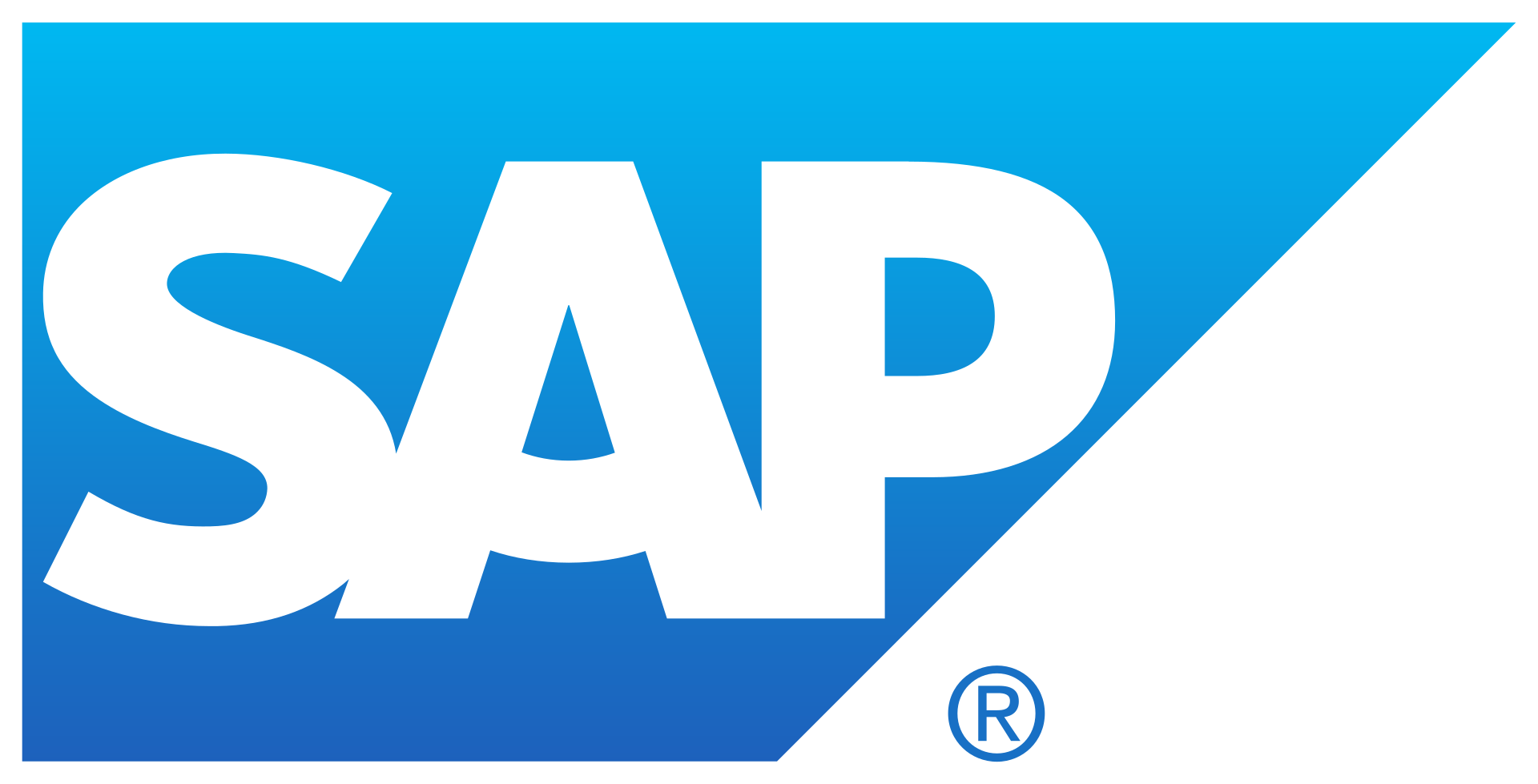HyPerformer I:
H2Rivers
Project volume: 52.2 million euros
Duration: 09/2020 to 08/2023
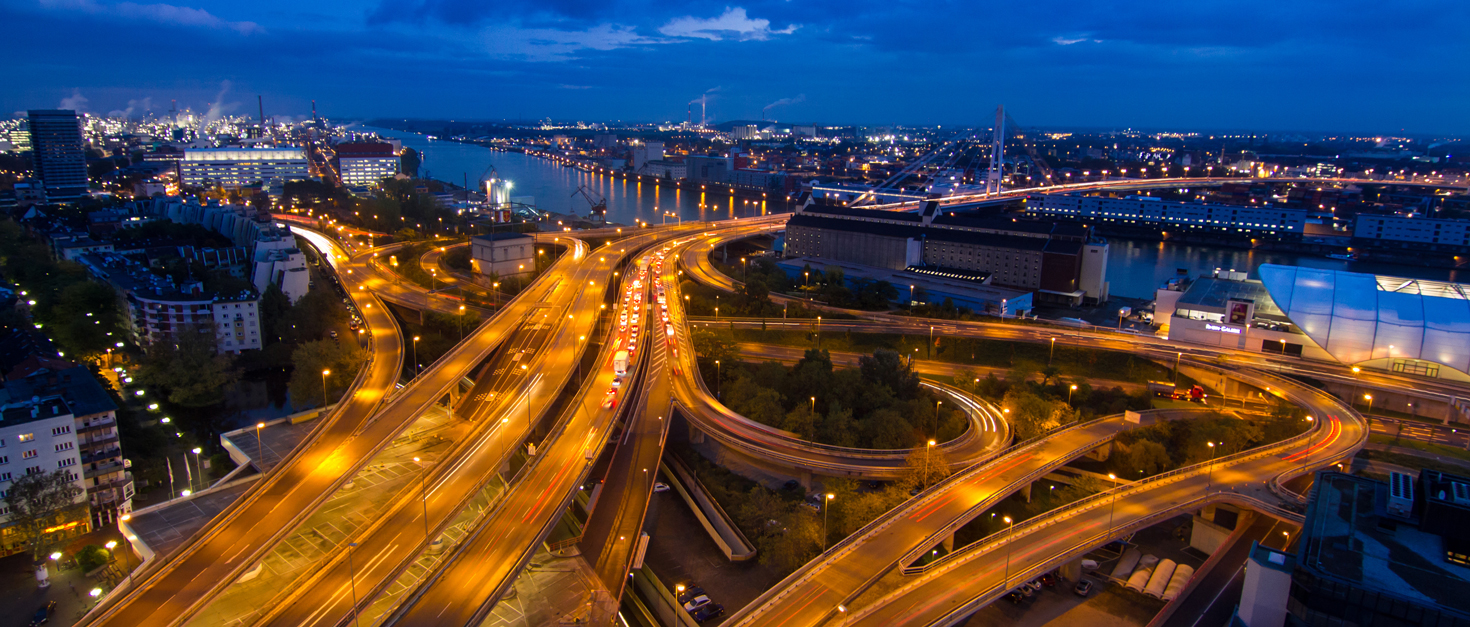
Background to the region
The H2Rivers project paves the way in the Rhine-Neckar metropolitan region and the central Neckar region for the nationwide market entry of emission-free hydrogen and fuel cell technologies in the mobility sector. The development as a hydrogen region is being supported by the Federal Ministry for Digital and Transport within the scope of the National Innovation Programme Hydrogen and Fuel Cell Technology (NIP2) with €20 million in investment grants. The funding guideline is coordinated by NOW GmbH and implemented by Project Management Jülich (PtJ).
As part of the project, supply and demand will be simultaneously stimulated and a sustainable regional H2 economy will be established together with regional players from industry and in cooperation with the public sector.
The sub-projects of H2Rivers cover the entire value chain from renewable energy generation to short-distance distribution and use in mobility. This enables economic synergy effects to be leveraged and sustainability to be ensured.
H2Rivers is creating demand for hydrogen by purchasing 78 passenger cars and light commercial vehicles, 62 buses, 10 industrial trucks, 3 waste collection vehicles and 2 road maintenance vehicles powered by fuel cells. At the same time, the necessary infrastructure is being built. This includes the construction of the “H2 Hub” in Mannheim, where 400 t of hydrogen per year can be prepared and filled into trailers via a high-performance filling plant at 300 or 700 bar. In addition, a 2 MW electrolysis plant in Waiblingen will produce up to 240 t of hydrogen per year.
The integrated approach of H2Rivers creates a scalable system that lays the foundation for the Rhine-Neckar metropolitan region as a model region for hydrogen.
The project is to be implemented within a period of 3 years after project commencement. A distinction must generally be made in the project phases between infrastructure and vehicle procurement projects, as there are major differences in the procedures here. Both types are united by the first phase, in which the individual applications for the subprojects are first submitted to and reviewed by the Project Management Organisation Jülich.
In the case of vehicle procurement projects, after the application has been granted in the second phase, the procurement volumes are put out to tender in accordance with the applicable regulations and the volumes are awarded on the market. In the third phase, after delivery, the vehicles are introduced with driver training and commissioning.
The infrastructure projects include the construction of generation capacities such as the electrolysers, the construction of the filling plant and the refuelling stations. In all three cases, after the application has been granted, the final site selection, project planning and design of the construction project takes place in the second phase. Building and operating permits must also be obtained. Experience shows that very different time spans are required for this, which is taken into account accordingly in the overall project plan. The third phase is the construction phase in which the infrastructure measures are implemented. In the final, fourth phase, safety clearances and commissioning will be carried out by the operator.
The project formally started in September 2020. The majority of the funding decisions have been issued and the projects are starting to be implemented.
Project contact
Michael Bächler
Project Manager H2Rivers
Michael.baechler@m-r-n.com
Project partners



